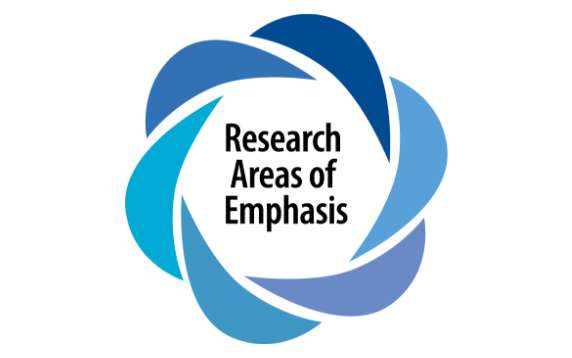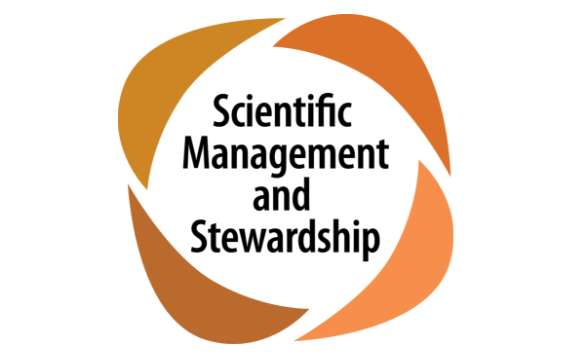Strategic Plan 2025-2029

Collaboration, Integration, and Partnership
The field of environmental health sciences has a longstanding history of scientific collaboration and partnerships. Interdisciplinary work, reaching across epidemiology, toxicology, and fundamental biology, initially formed the basis for the field. Over many decades, as science progressed, NIEHS worked to form additional collaborations and partnerships that enable research that leads to a better understanding of how biological systems are impacted by the environment, as well as solutions to public health challenges. The application of molecular and mechanistic biology approaches, along with data science innovations, have continued to push environmental health sciences forward, and with it the need to integrate efforts across all areas of biomedical research, as well as other fields of science. For example, combining human exposure data with geoscience data and applying approaches from mechanistic biology and toxicology can offer critical knowledge for improvements in risk prediction. Similar collaborations offer potential for advancements in disease prevention and intervention, health promotion, and precision medicine. NIEHS will continue to prioritize research and translation collaboration, integration, and partnerships across its endeavors to meet the complex health challenges of a rapidly and constantly changing world.
Solutions-Focused Research and Translation
NIEHS’s mission incorporates not just research and the generation of scientific knowledge, but the translation and dissemination of such knowledge for health promotion, disease prevention, and evidence-based intervention. The value of NIEHS research investments is determined from its use by the public, health providers, regulators, and policymakers to inform their decisions and actions to protect health and improve people’s lives.
The biomedical research enterprise often describes a translational research pipeline where basic research is built upon to advance toward preclinical and clinical stages. NIEHS has expanded this approach to adopt a multidimensional framework that describes how environmental health sciences translates to clinical practice, public health policy, and environmental regulation for the improvement of people’s lives. NIEHS is expanding its commitment to community- engaged research, particularly in communities most affected by adverse environmental conditions. A focus of these efforts is the report back to study participants of results of environmental health research. Because of barriers to implementing this type of communication — including lack of established approaches, institutional approval, funding , and expertise — report back of personal results is not widely done across studies even though it is increasingly recognized as a beneficial and ethical practice. NIEHS will continue to pursue research on best practices for report back of results in environmental health studies.
The ultimate use of NIEHS-funded research is the promotion of health and the prevention and treatment of disease. The research funded in this strategic plan’s Research Areas of Emphasis will yield findings that will be translated into solutions for improving individual and public health. NIEHS will continue to fund research for translational purposes, including efforts to develop, test, and validate evidence-based prevention, implementation science, and intervention strategies to prevent disease and promote health.
Other Strategic Plan Sections

Research Areas of Emphasis
NIEHS will conduct high-quality, innovative environmental health sciences research on the effects of the environment on biological systems and processes.

Capacity and Infrastructure
NIEHS research activities depend on robust investments in capacity and infrastructure to ensure readiness for their success.

Scientific Management and Stewardship
NIEHS prioritizes scientific stewardship and operational principles that align with the institute’s commitment to advancing human health and understanding the environment’s impacts on human health.


